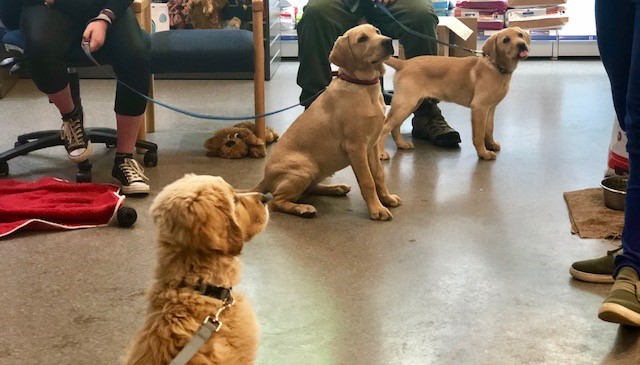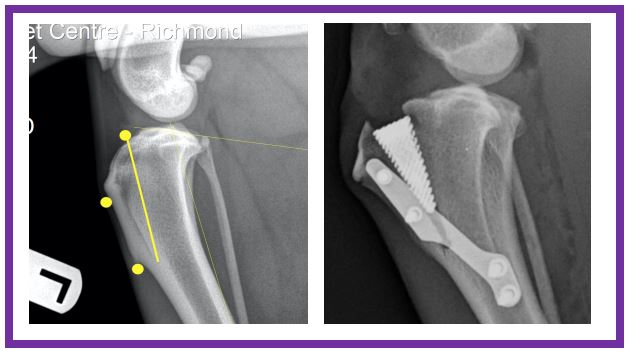Socialisation; why is it crucial for your puppy? Puppies go through the same developmental stages…
Parvovirus and You
Canine Parvovirus
What is Parvovirus?
Parvovirus or ‘Parvo” is a highly contagious virus that can affect all dogs but especially young puppies. It can cause devastating gastrointestinal effects and is potentially fatal.
How is Parvo spread?
Parvo is spread by dog to dog contact and contact with contaminated people (on clothes, hands, shoes) and environments (kennels, food and water bowls, bedding). Dogs that have had the disease can shed the virus for weeks afterwards, even once they are well. It also is extremely good at surviving for long periods of time in the environment as it is not easily killed by heat, cold and dry conditions. Dogs can also incubate the disease for up to 2 weeks before showing any signs of illhealth.
What are the signs of Parvo?
Loss of appetite, lethargy, vomiting, severe or bloody diarrhoea, dehydration and collapse. Puppies can die within a very short time from the start of clinical signs, so it is important to seek veterinary treatment early.
How is it diagnosed and treated?
Diagnosis is often suspected based on the patients’ history, vaccination status and clinical exam by a vet. There is also a faecal sampling test available that can be done at the practice which can be useful to confirm diagnosis, although tests are not always 100% accurate.
Treatment usually requires intensive treatment in an isolation facility. It involves intravenous fluids, pain relief, nutritional support, gut medication and antibiotics for secondary infection. Severe cases of parvovirus may be hospitalised for several days or longer. The earlier the treatment is started the greater the chance of a successful outcome. If you are concerned that your dog might be showing any of the signs of Parvo, please contact the clinic as soon as possible and explain. Due to the extremely contagious nature of the disease, please do not bring your dog into the clinic but make staff aware that you are here, then wait outside until our vet staff can attend to you.
How can Parvo be prevented?
It is vitally important that all puppies receive a course of vaccinations every 3-4 weeks with the final vaccination between 14-16 weeks of age. A booster vaccination should be given between 6-9 months of age. Adults that have never been vaccinated should receive 2 doses, 3-4 weeks apart. In addition to this, try and avoid contact with sick and unvaccinated dogs and faecal matter when out and about. If you are concerned that your dog is not fully vaccinated, please contact one of our clinics.


